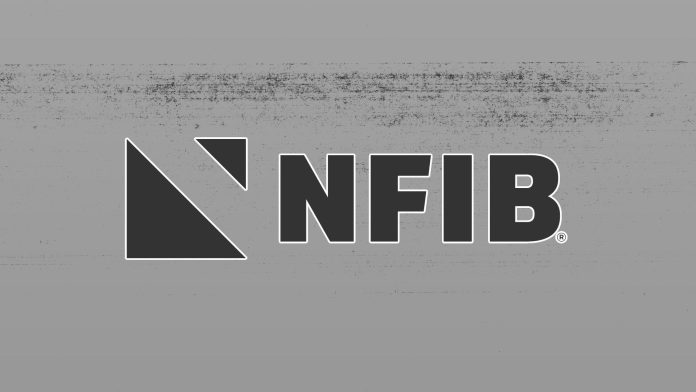A recent conviction of an Illinois businessman highlights the serious legal repercussions of fraudulent activities related to COVID-19 relief funds, an issue that resonates deeply with small business owners across the country. Rahul Shah, 56, of Evanston, managed to secure over $55 million through deceptive practices, including falsely inflated loan applications tied to the Paycheck Protection Program (PPP). This case serves as both a cautionary tale and a reminder of the critical importance of maintaining integrity in financial dealings.
Shah’s case, which culminated in a jury verdict, reveals a troubling trend of fraud in federal relief programs designed to help small businesses during economic hardships. As the owner of multiple information technology firms in the Chicago area, he submitted falsified bank statements and financial documents to misrepresent his company’s financial health. This includes a significant PPP loan application that overstated payroll expenses, further complicated by identity theft involving individuals who never received payments from his company.
The implications here stretch beyond Shah’s individual case; they reflect a wider scrutiny of eligibility and fraud prevention processes that small business owners must navigate. According to the U.S. Department of Justice, there have been over 200 prosecutions tied to fraudulent PPP schemes since the enactment of the CARES Act, pointing to systemic vulnerabilities in the application process that can leave responsible business owners feeling uneasy.
The state of vigilant financial practices cannot be overstated. Small business owners must stay informed about the guidelines and eligibility requirements of funding programs to avoid any legal missteps. Shady maneuvers may seem tempting in challenging economic climates, but the long-term consequences, as seen in Shah’s case, can include substantial prison sentences—up to 30 years for counts of bank fraud and making false financial statements, along with even more severe penalties for aggravated identity theft.
Matthew R. Galeotti, head of the Justice Department’s Criminal Division, emphasizes that the government is committed to addressing fraud within these programs. "Our efforts to prosecute those who seek to exploit these critical resources will continue," he stated. This vigilance serves not only as a warning to would-be fraudsters but also as a beacon of hope for legitimate small business owners striving to recover economically.
Looking at the practical aspects, small business owners can draw key takeaways from Shah’s conviction. First and foremost, maintaining clear and accurate financial records is paramount. Transparency helps build trust with financial institutions and investigators, enabling businesses to secure funding legitimately. It also reinforces the need for robust internal controls to safeguard against potential fraud, both internally and externally. For companies already struggling, building these practices may require additional resources, whether financial or educational.
However, navigating the landscape of federal funding can be daunting, especially when subject to extensive scrutiny. Small business owners should be proactive in seeking out reputable resources, such as the Small Business Administration (SBA) or local chambers of commerce, to ensure they are equipped with up-to-date information on compliance and eligibility.
In light of increasing investigative measures from authorities like the SBA Office of Inspector General, it’s crucial for business owners to understand both their rights and responsibilities when accessing public funds. Awareness of the laws surrounding pandemic-related assistance can instill confidence, motivating owners to continue pursuing opportunities for their ventures.
As Shah awaits sentencing on Nov. 13, the broader implications of his case linger. While the economy begins to recover from the pandemic, ensuring that relief funds benefit those who genuinely need them is imperative. The commitment to justice in fraudulent cases not only protects public funds but also fosters a fair competitive environment for all small businesses.
For more details on this ongoing issue and further insights into fraud prevention and reporting, small business owners can access resources through the SBA’s website and the U.S. Department of Justice.
For those interested in more information about the current status of fraud investigations related to COVID-19 funding, visit the original press release here.
Image Via BizSugar



